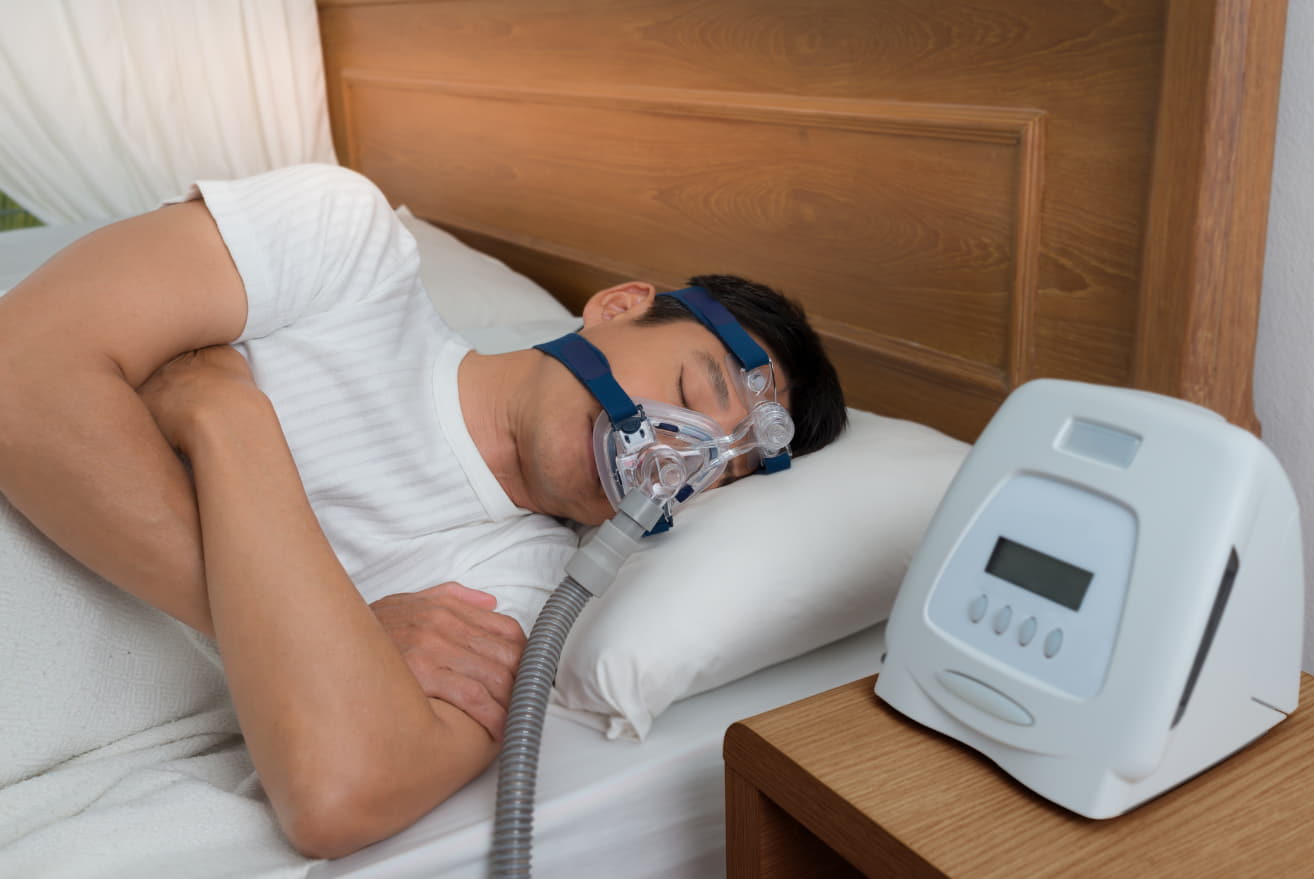Sleep disorders, such as sleep apnea, are serious conditions that can significantly impact a person’s health and well-being. However, recent allegations and concerns about potential scams within the sleep disorder industry have begun to surface, causing many patients and their families to question their diagnoses and treatments.
In this post, we delve into these concerns, focusing on what some are calling a sleep apnea scam, and aim to provide a balanced view of the situation.
Understanding Sleep Apnea
It is a common but potentially severe sleep disorder characterised by repeated interruptions in breathing during sleep. These pauses can last from a few seconds to minutes and may occur 30 or more times per hour.
This condition is not only disruptive to sleep but can also lead to serious health complications if left untreated, including heart disease, stroke, and cognitive issues.
The Sleep Apnea Scam
Over the past few years, there has been a significant increase in the diagnosis of sleep apnea. Some sceptics believe this rise is not due to a genuine increase in the condition’s prevalence but instead a result of overdiagnosis driven by profit motives. This is where the term sleep apnea scam comes into play.
Critics argue that some sleep centres might be quick to diagnose this disorder and prescribe expensive treatment plans, including Continuous Positive Airway Pressure (CPAP) machines, without thorough evaluations.
They contend that this approach benefits the industry financially while potentially subjecting patients to unnecessary treatments.
The Financial Aspect of the Scam
The financial aspect of the alleged scam cannot be overlooked. The cost of diagnosing this sleep disorder can be substantial. CPAP machines can cost anywhere from $500 to $3000, not including the ongoing cost of replacement parts.
The financial burden can be significant for patients, particularly those without comprehensive health insurance. The alleged over-prescription of these machines is a significant part of the purported scam.
Critics argue that not all diagnosed patients need these costly machines and that alternative, less expensive treatment options might suit some individuals.
A Balanced Perspective
While it’s crucial to be aware of the potential for overdiagnosis and over-prescription, it’s equally important not to dismiss this sleeping disorder as a fictitious condition created for profit. It is a real and serious disorder that can lead to significant health problems if left untreated.
Patients should always seek a second opinion if they have doubts about their diagnosis or treatment plan. Additionally, open communication with healthcare providers is essential. Patients should feel comfortable asking questions, discussing concerns, and exploring alternative treatment options if necessary.
Conclusion
The concerns surrounding the so-called sleep apnea scam highlight the importance of patient advocacy and informed decision-making in healthcare.
As patients, we must actively participate in our health, ask questions, seek second opinions, and make informed decisions about our treatment plans. Doing so can ensure that we receive the appropriate care for our specific needs and circumstances.
Ultimately, the focus should always be on providing the best possible care for patients, regardless of the industry’s financial considerations. This requires vigilance, education, and active involvement from patients and healthcare providers.

